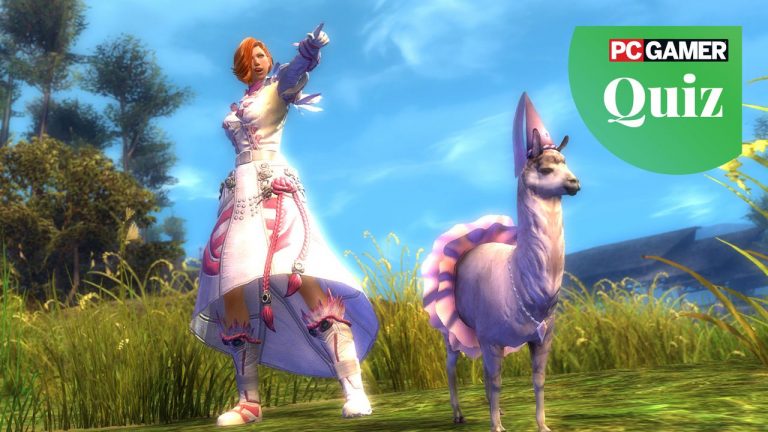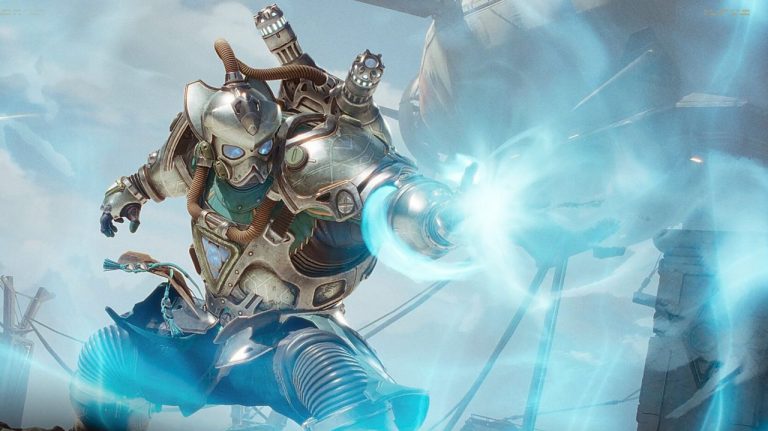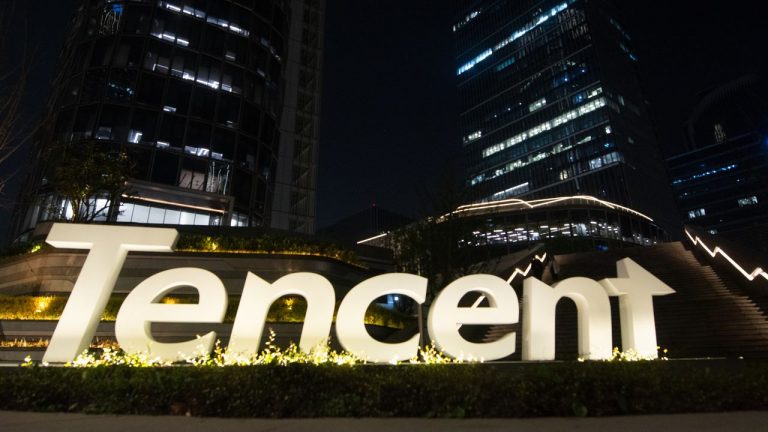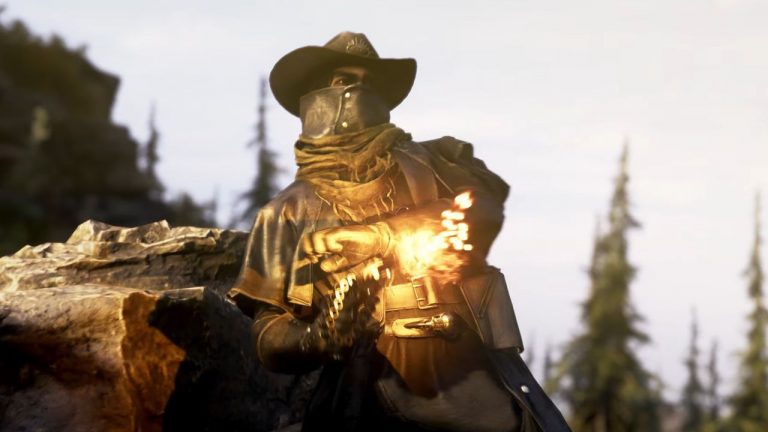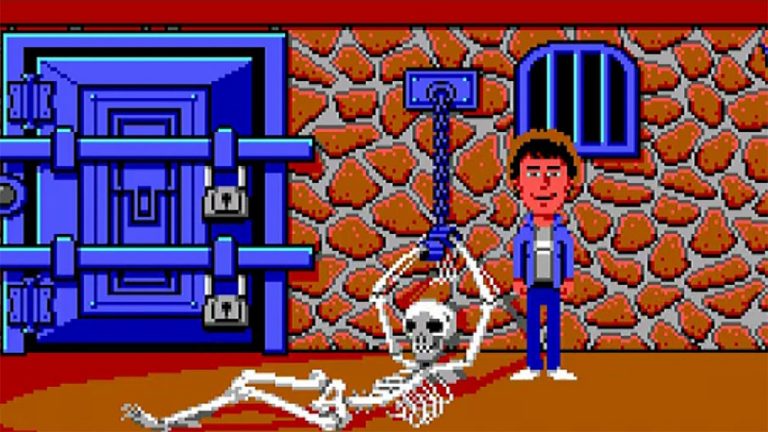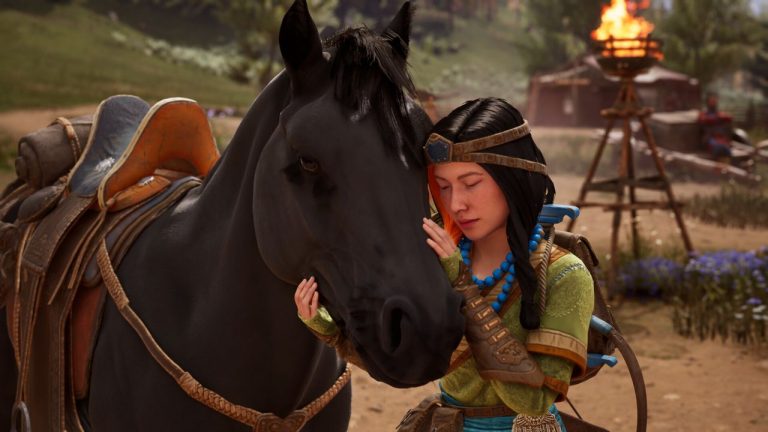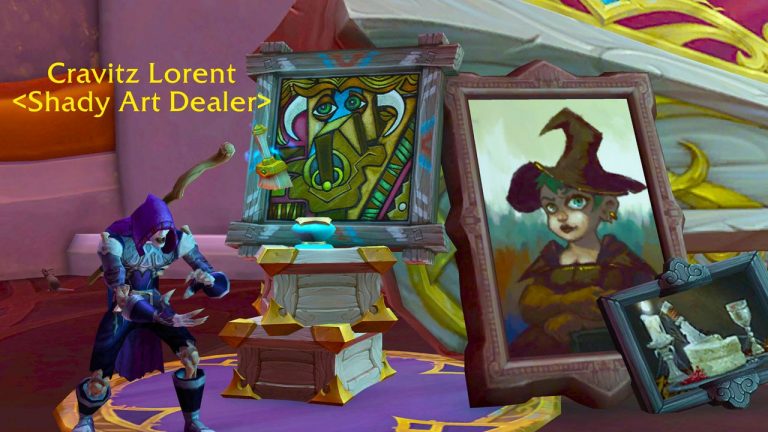Disclosure! Philippa Warr is the wonderful writer on Trash Goblin, who also used to work at PC Gamer. I don’t have a personal relationship with Philippa, her time here being before I joined, and all these opinions are from my noggin and mine only.
I resonate with a game name like Trash Goblin. As someone frequently referred to as one—case in point, upon booting up the game our PC Gaming Show producer immediately messaged me to say “Trash Goblin, surely that’s you” which, yeah—it would’ve felt like a crime if I hadn’t given it a go.
Thankfully, it’s not just the name I’m charmed by: It’s a cosy shopkeeping game that’s all about finding trinkets and treasures, cleaning them up and selling them on to adventurers in need. Sometimes even putting two trinkets together to create something new or fix up something that’s a wee bit more run down.
One man’s trash…
I don’t actually have to go out and seek any of these doodads, as there’s a seemingly endless bag of goodies sitting on my workbench. Opening the bag greets me with a cluster of different cubes that I can chisel away at—brown cubes either break with a single hit or harden, signifying that’s where the treasure lurks, while purple geodes need to be smacked from a particular face to shatter them. Destroying a block that would leave its surrounding pals detached from the main trinket causes them to vanish in a delightful domino effect.
(Image credit: Spilt Milk Studios)
I’d initially gone in with the mentality of mindlessly smacking every cube until they all went away, much in the same way a toddler may take to a stack of plastic bricks with a toy car. But eventually, I found a real thrill in carefully inspecting each cluster for blocks that would cause all the ones surrounding it to disintegrate one by one. It was like feeling around a coconut for the perfect sweet spot to jam a straw into—sometimes I would just be just about able to chisel at a cube tucked away almost entirely out of sight and kick back to see the rest of them follow suit without my interference.
Admittedly, it does get a little tiring after a while. Customers come in infrequently, meaning I end up passing most of my time chiselling away at cluster after cluster. Even when a customer does turn up, they might be looking for something I haven’t managed to dig up yet, leaving me rummaging away at even more bags until I hit the jackpot. After playing for a few hours my table had become absolutely covered in dirty knick-knacks, my storage system already filled to the brim.
…is another man’s treasure
Once I have turned up what someone is looking for, they often want it cleaned, too. It’s easily the most menial task in Trash Goblin, where all I have to do is spin the trinket around repeatedly until I’ve mopped up all the muck on it.
(Image credit: Spilt Milk Studios)
Even after I’ve gone through all that effort, it seems to be a simple matter of “take it or leave it” when it comes to how much a customer will buy it for. Despite having dialogue choices when they offer their coin, it doesn’t seem like any haggling is involved right now. One time a customer straight-up vanished after I deigned to sit on his offer for a moment, while most others will stand there smiling at me until I finally accept.
Trash Goblin is currently in early access, though, and I expect some of these systems will be built out a little more as time goes on. It’s a neat concept and core gameplay loop right now—there are tool upgrades and cute shop customisations to liven the place up alongside the dig-clean-sell cycle—but it’s lacking the depth it needs to keep bringing me back. It’s a lovely zen few hours so far though, and I’m looking forward to seeing how Trash Goblin develops into a fully-fledged cosy shopkeeping experience.



